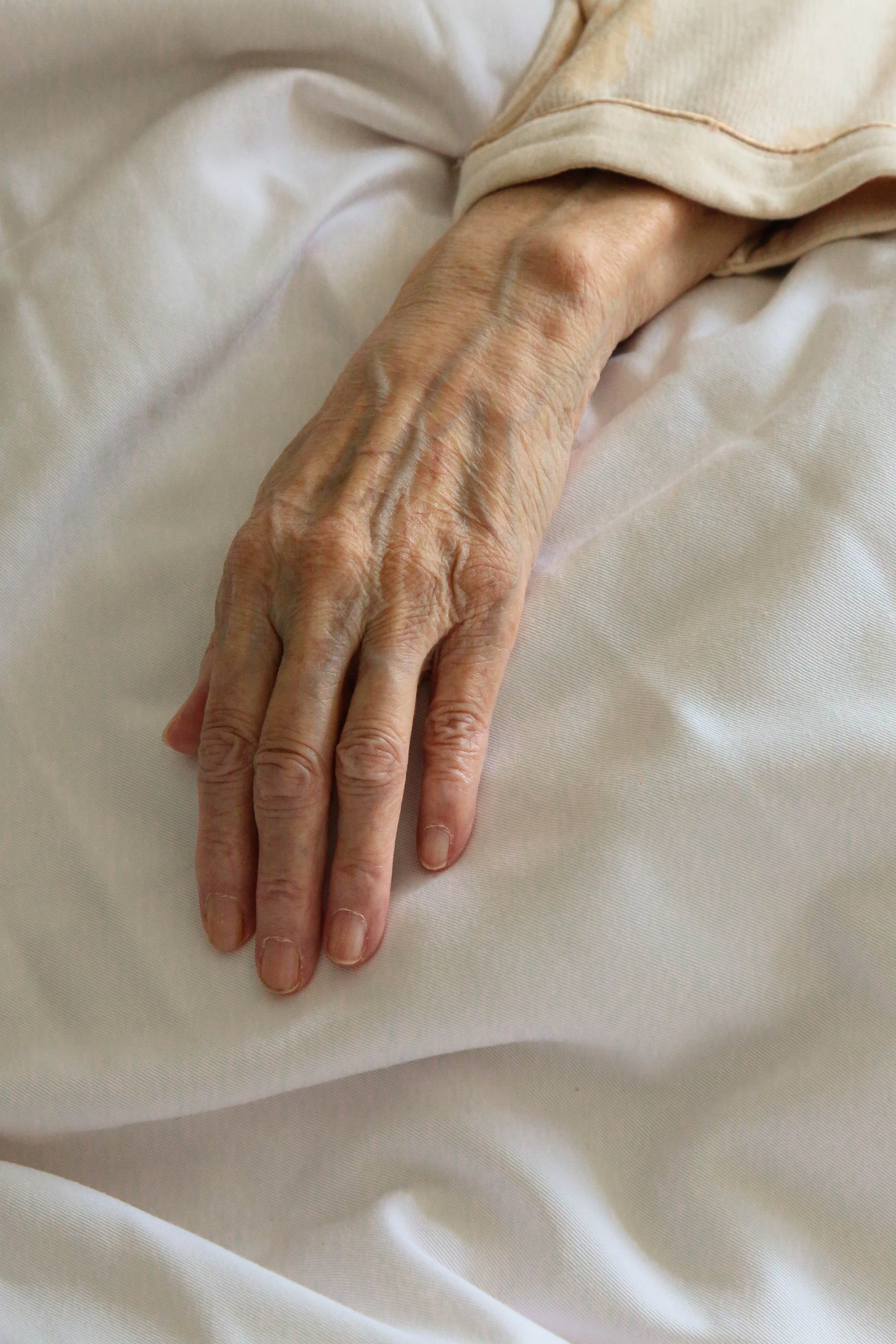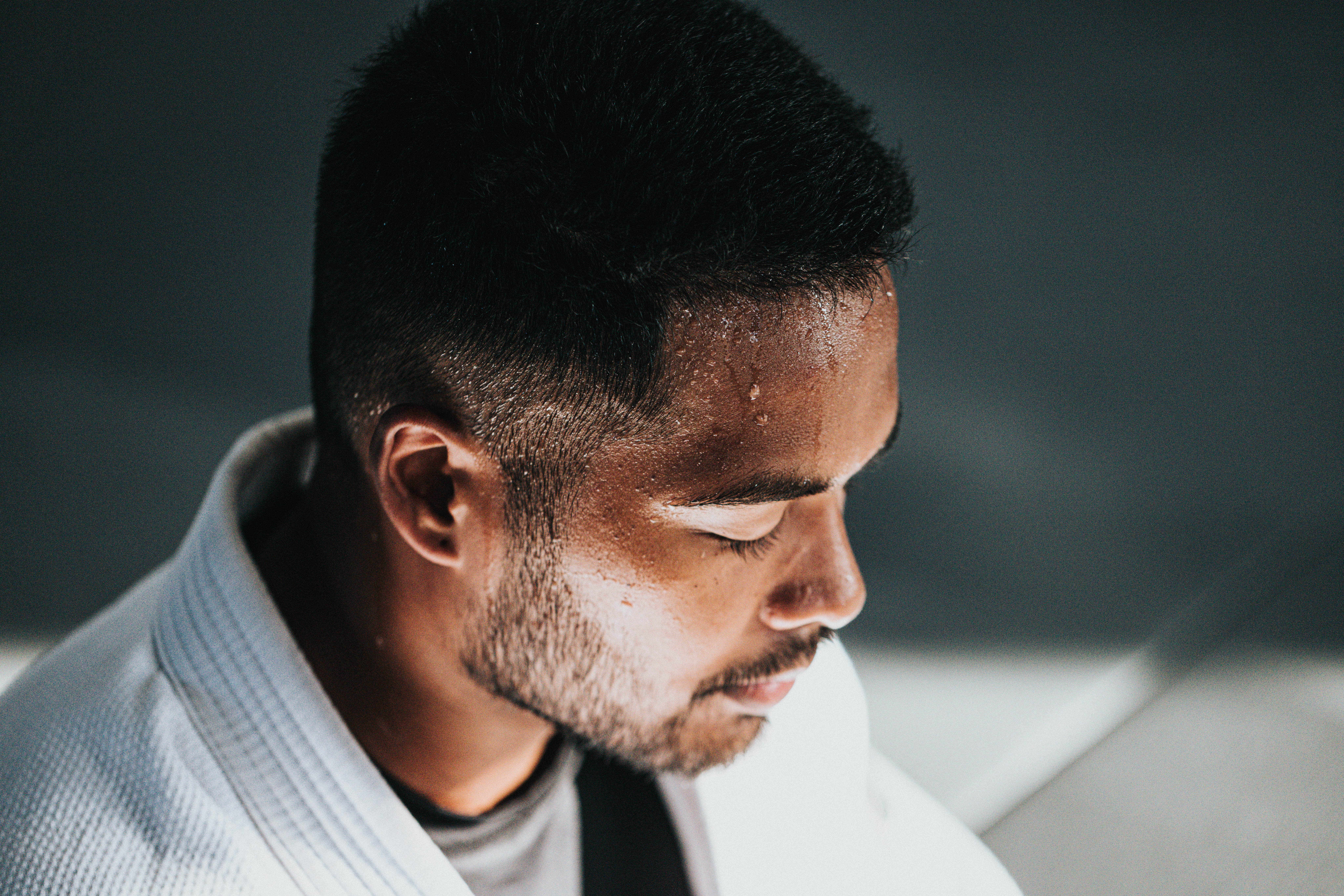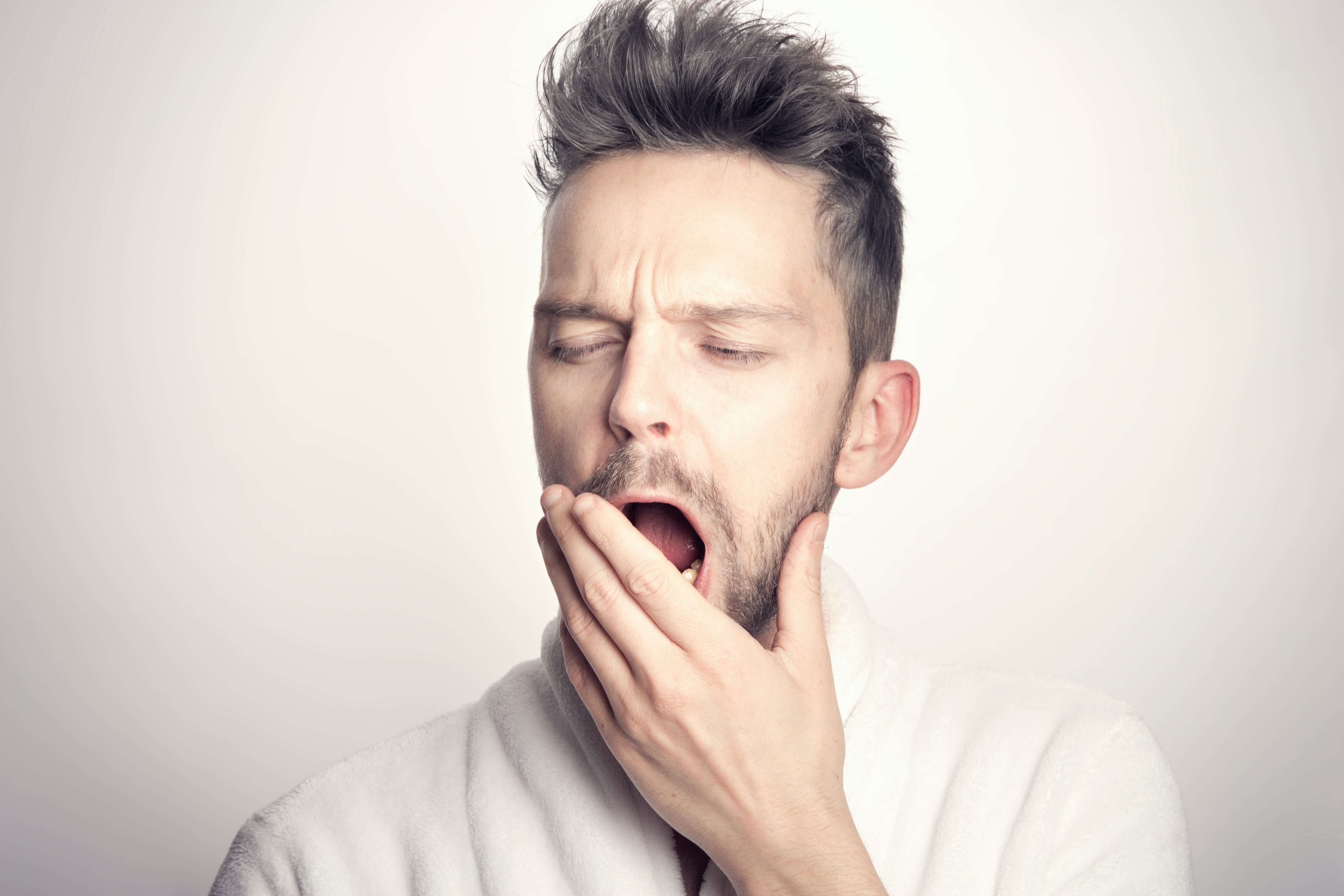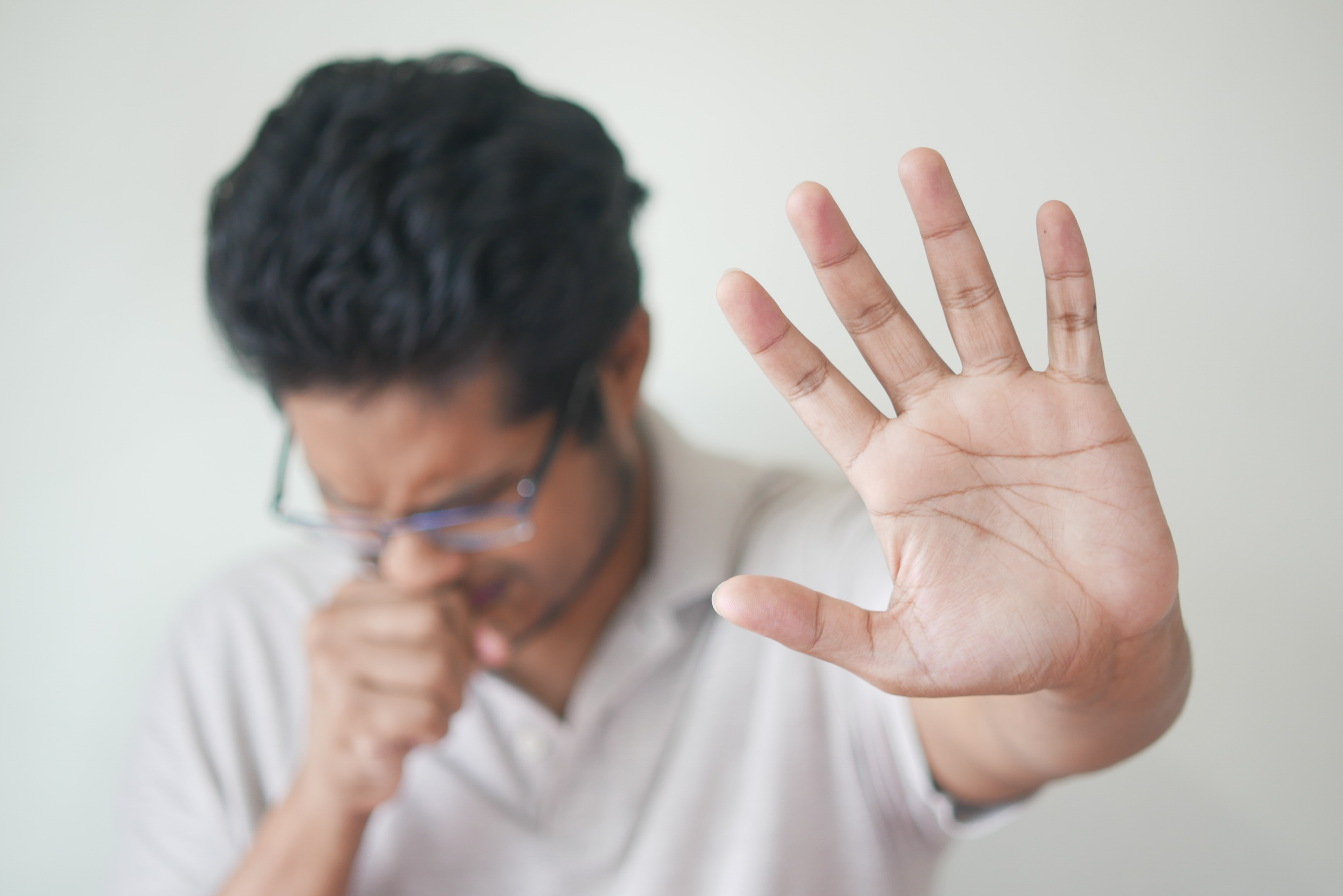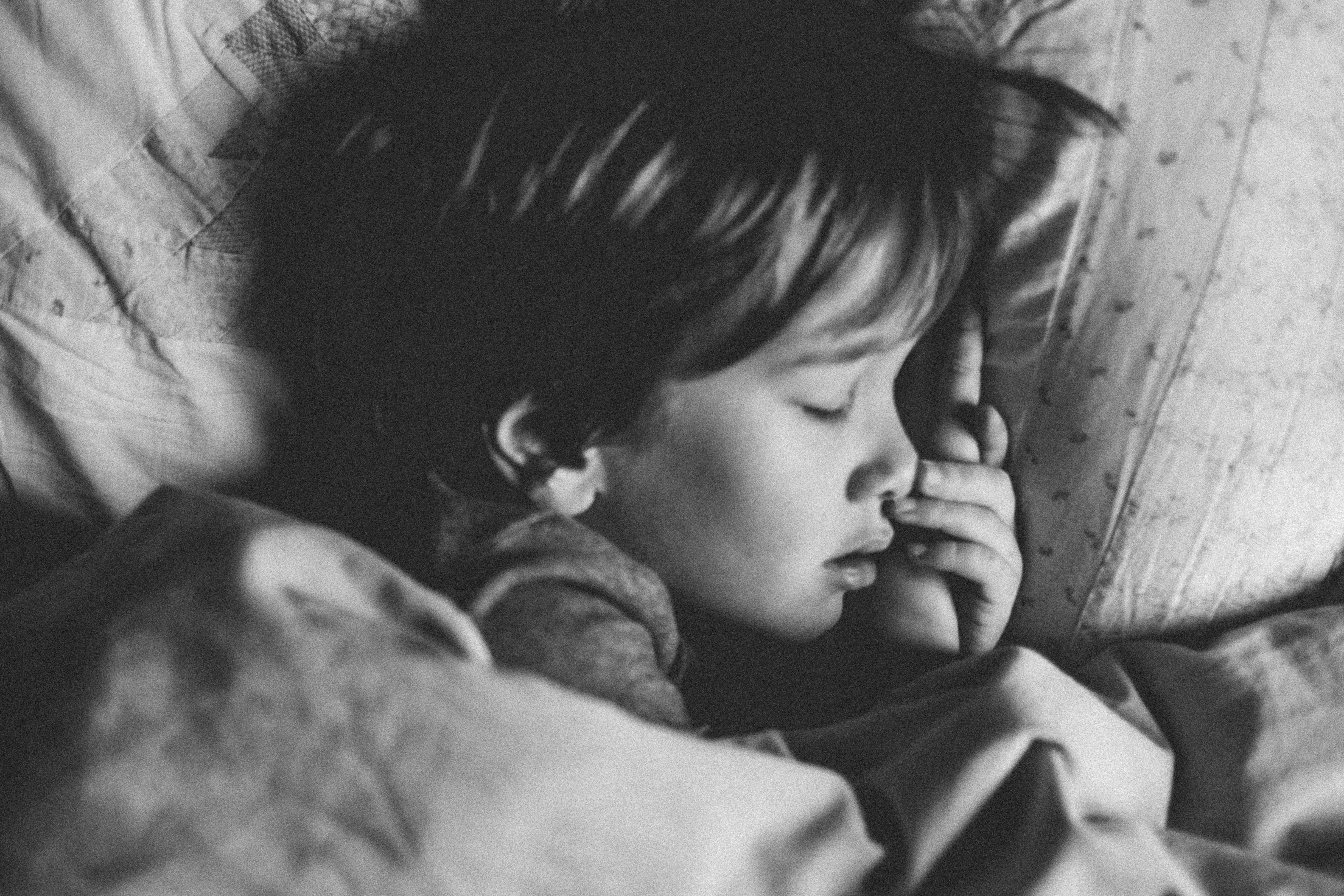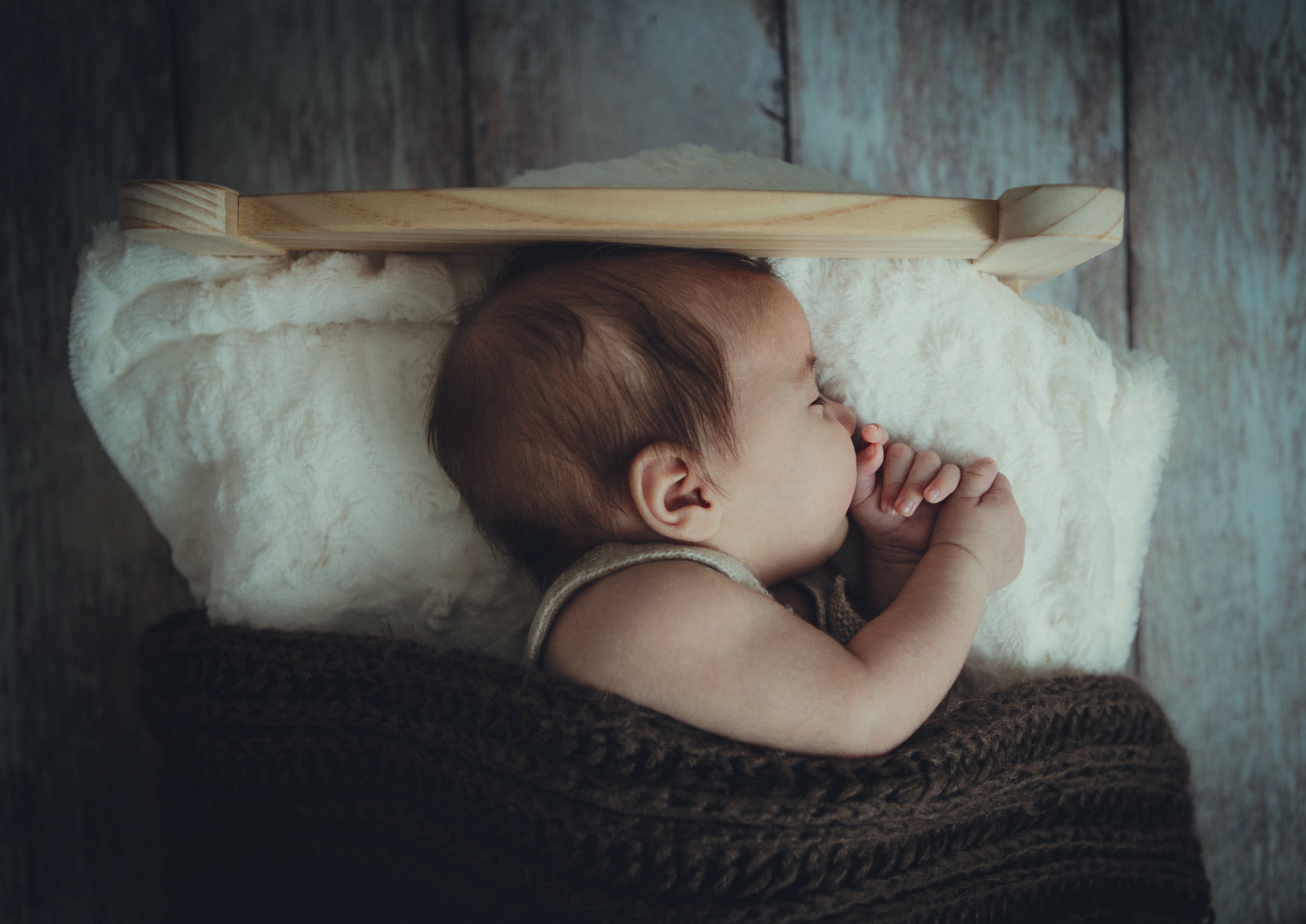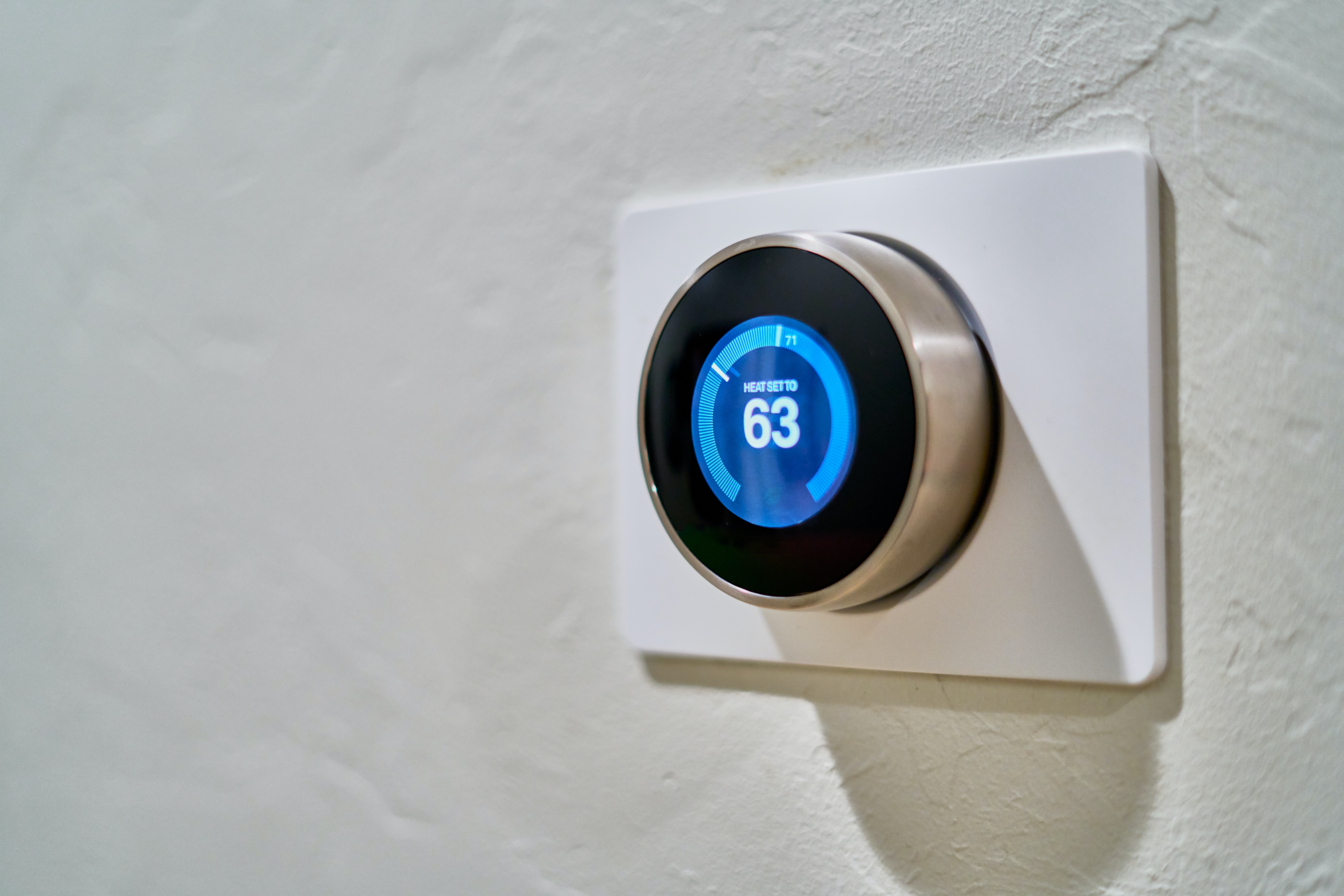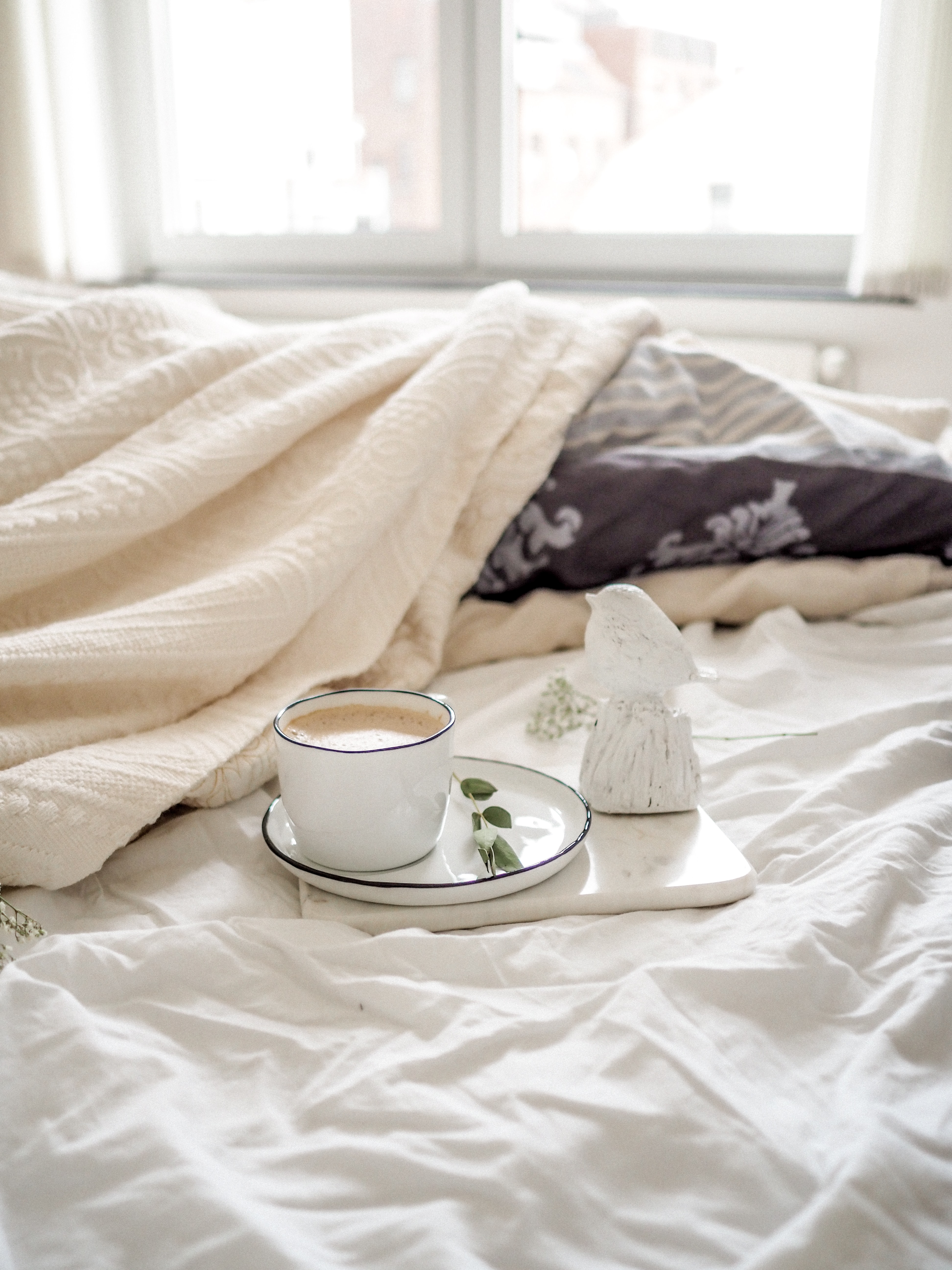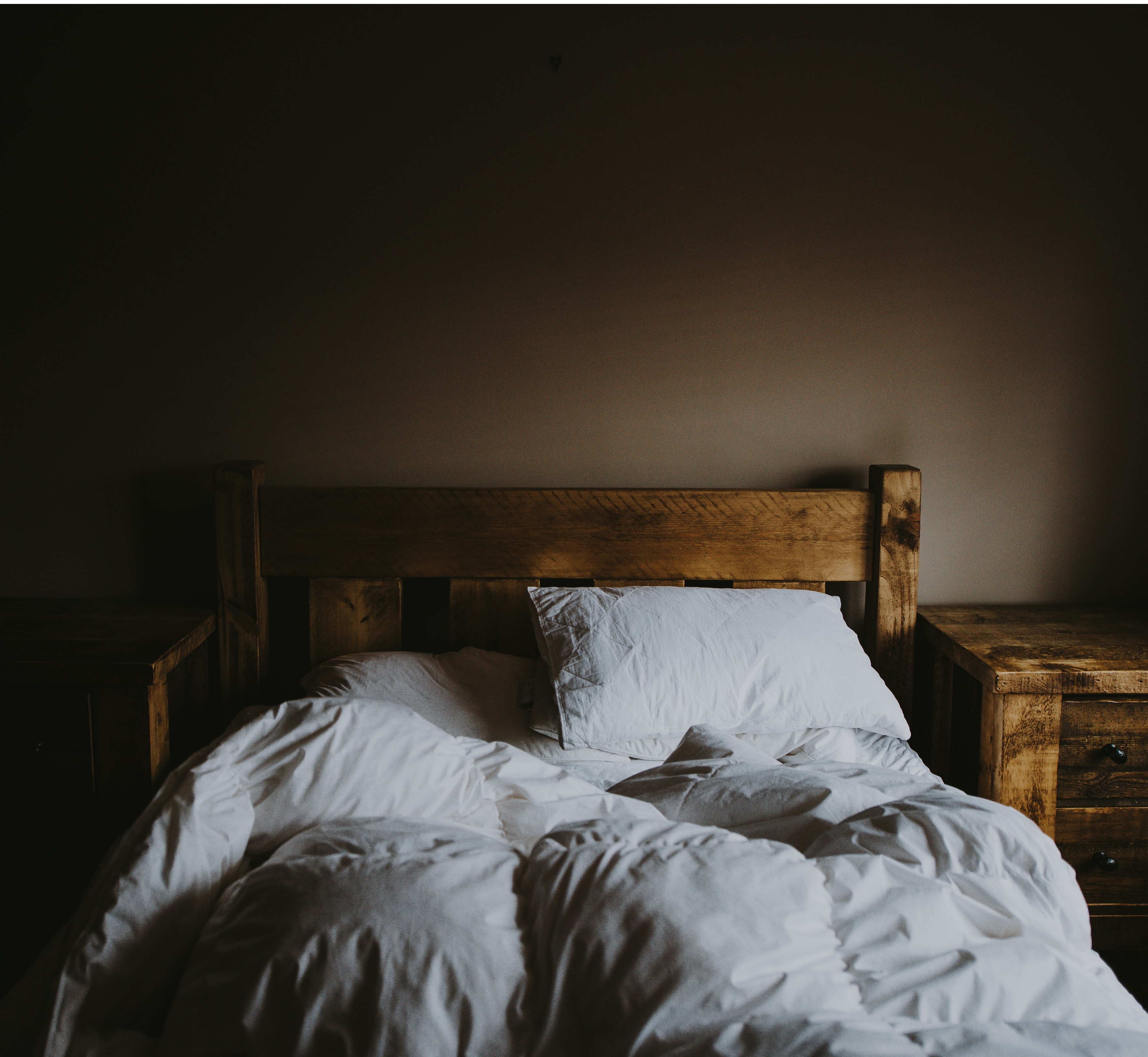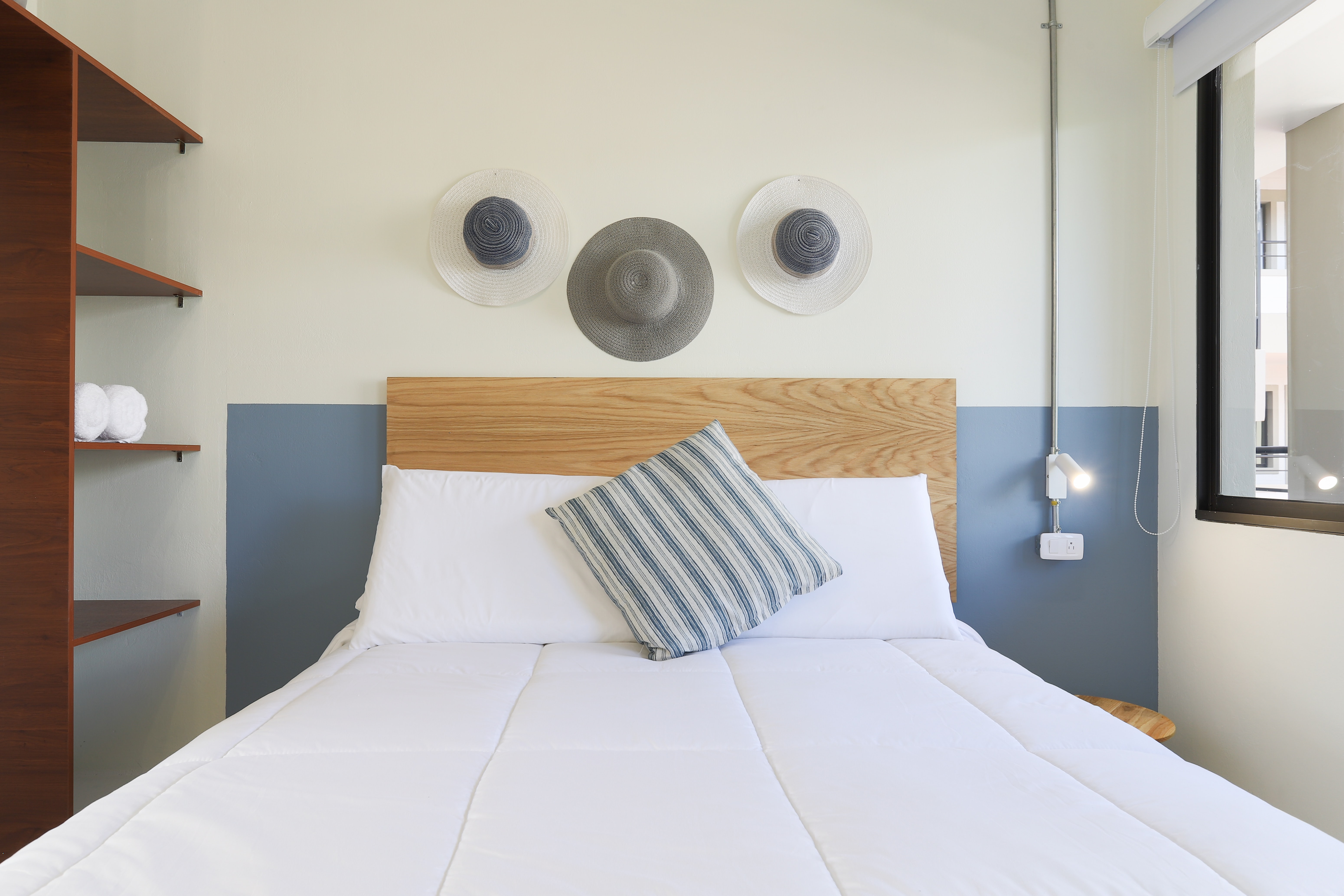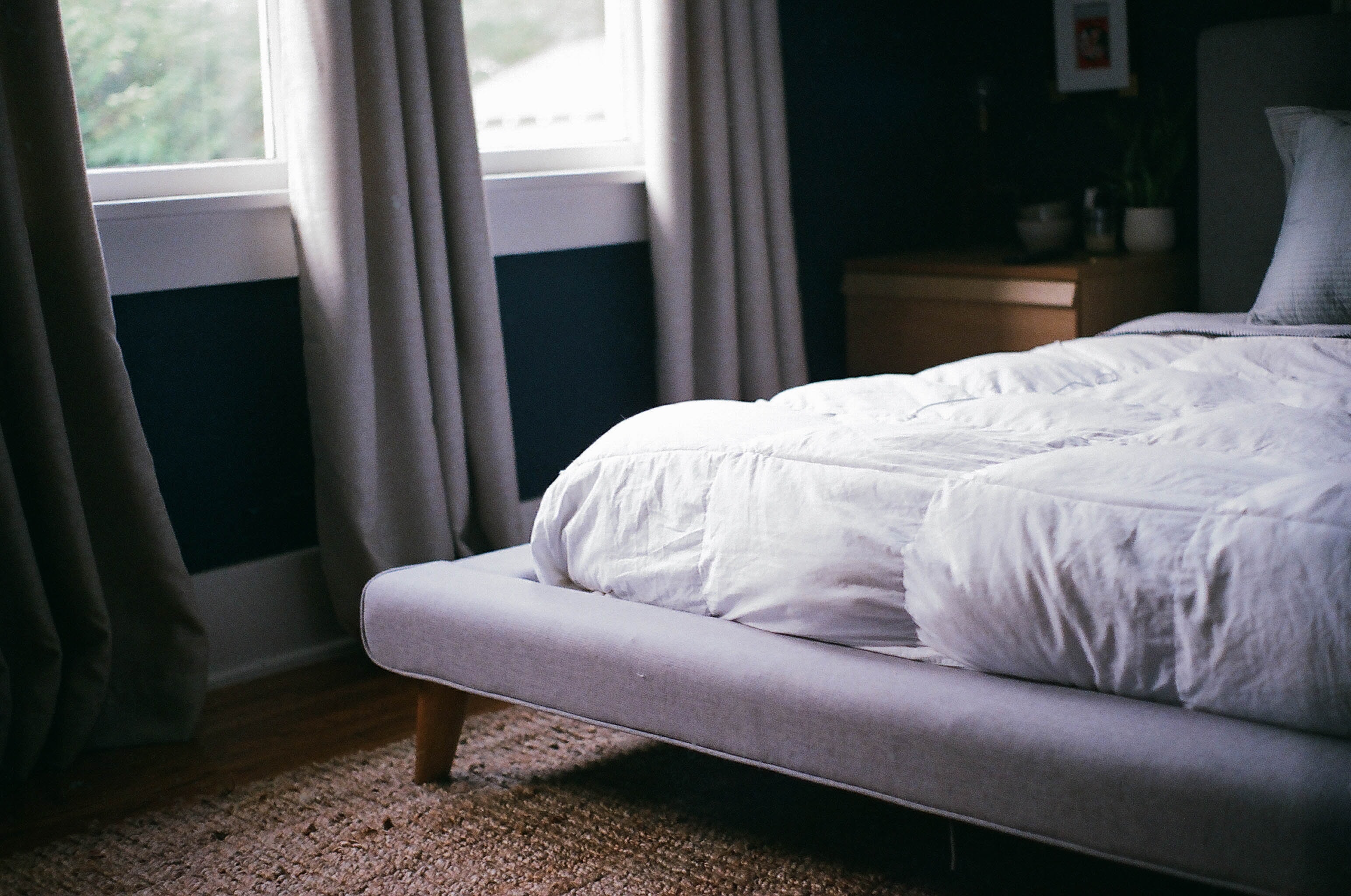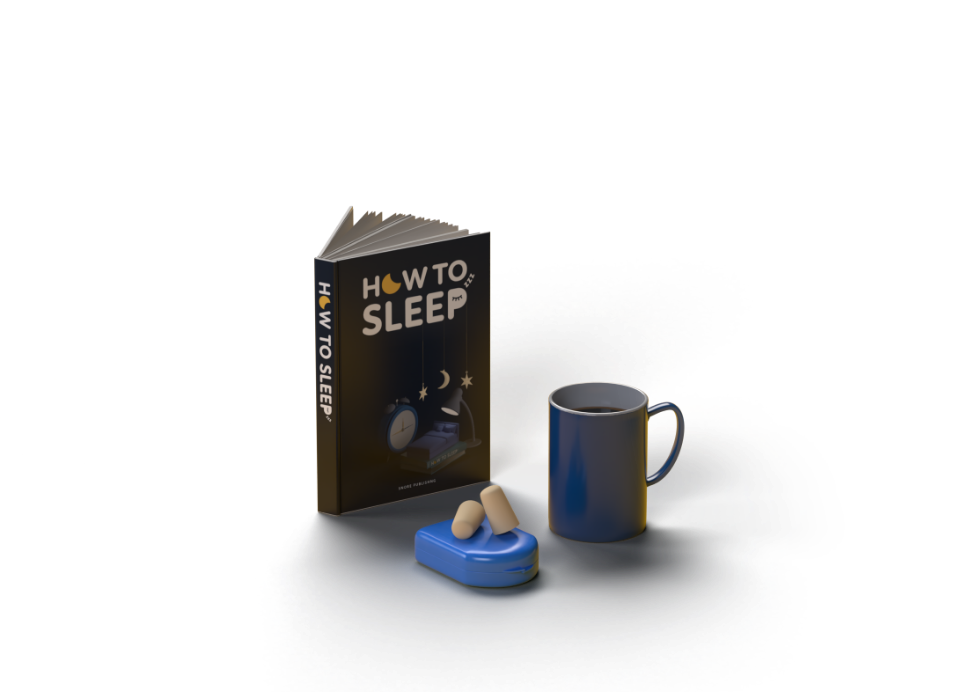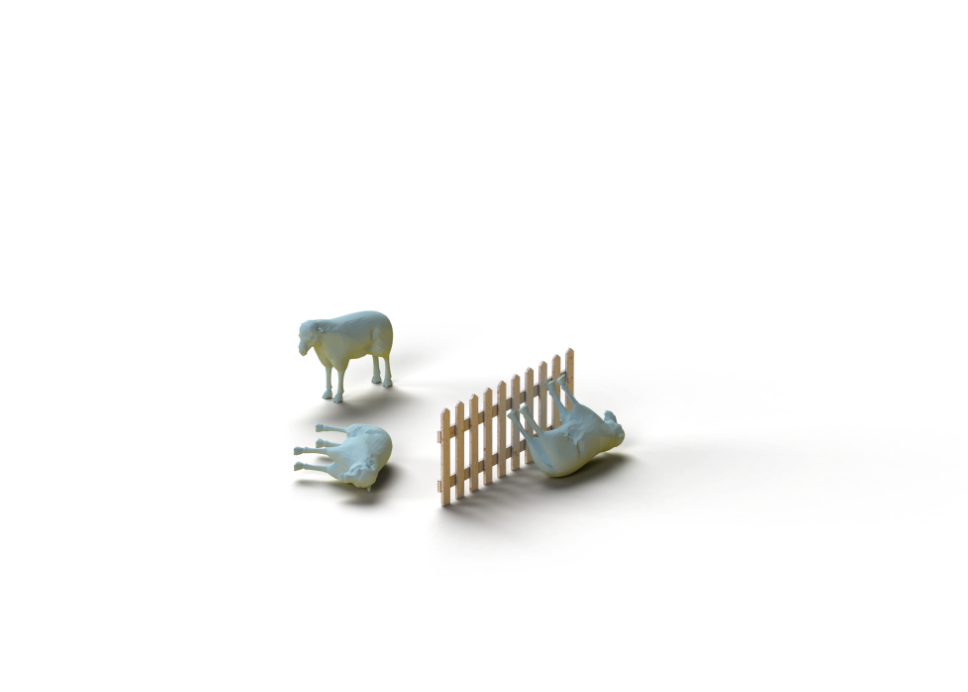The best temperature for sleep
Updated May 26, 2021
For some of us, falling asleep is a challenge. It can be really frustrating lying in bed, unable to drift off. The more sensitive a sleeper you are, the harder you’ll find it. Often the slightest unbalance in our sleep environment can have a huge impact on this.
The temperature of your room is one such factor. You’ve undoubtedly experienced what it’s like trying to sleep in a room that’s too hot, or even too cold. Finding the perfect climate is a must for anyone looking for the recommended amount of sleep for their age group.
In this guide we’ll discuss the best temperature for sleep. We’ll also look at why finding that balance is so important, as well as what steps you can take to ensure your sleeping environment is perfect.
We cover:
The best temperature for sleep
The importance of thermoregulation in sleep
Causes of overheating and how to prevent them
The needs of different sleepers
Regulating your baby’s sleep temperature
Other key factors which affect your sleep health

The best temperature for sleeping
Let’s start by tackling the most important question. Experts generally agree the best temperature for sleep is anywhere between 16-18°C. That converts to roughly 60-65°F. It’s at this relatively mild point that the human body can begin to relax and properly shut down.
By contrast, anyone trying to drop off in a room which is 24°C (71°F) or higher will become restless, making it tricky to fall asleep. Similarly, anyone in a room with a climate of 12°C (53°F) or below will also feel too awake to sleep.
The importance of thermoregulation in sleep
But why do we need to find this balance in the first balance? The control of your internal temperature, also known as thermoregulation, is vitally important when you try to sleep.
Our body’s core temperature will rise and fall during the day. In order to achieve a deep sleep, your circadian rhythm needs to match up with your sleep patterns. This is an internal cycle which controls all functions of your body, including the rise and fall of your body heat.
Here’s a breakdown of the average person’s internal temperature, impacted by their circadian rhythm (source):
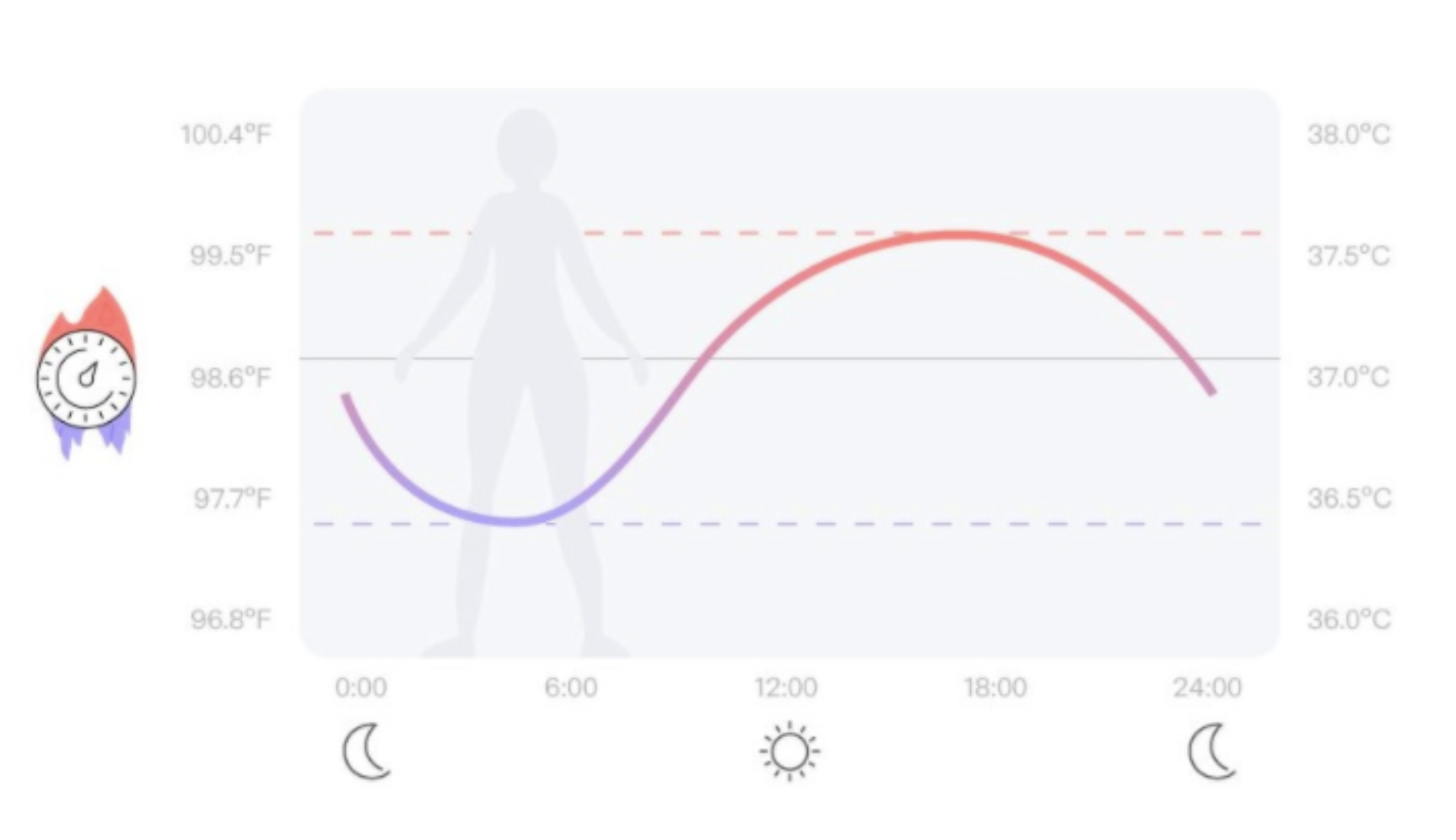
As you can see, the body begins to cool down the closer you are to sleep. It drops from a high around 6pm at night, to a low at 5am. During this period your blood vessels are expanding, allowing heat to escape through them. You’ll continue to get cooler as you sleep, with your temperature beginning to rise again the closer you are to waking.
If the temperature of the room you’re sleeping in sits around the optimum 16-18°C, this process works very efficiently. The higher or lower that temperature becomes, the more of a struggle your body has cooling down. It’s this resistance which causes you to feel uncomfortable, disrupting your sleep.

Why do you wake up at a similar time every day?
Interestingly, your circadian rhythm won’t fluctuate much day-to-day. So if you’ve ever wondered why you find yourself naturally waking up at a similar time every morning, the pattern of your thermoregulation could be the answer.
You might feel awake at 9am every day because that’s when your body is at its optimum temperature. Someone else might experience this closer to 7am. We’re all different.

Why do baths make us sleepy?
When we’re in a bath, the hot water will naturally cause our body temperature to rise. This feels comfortable in short doses, but it’s not uncommon to want to get out of the tub because you’re feeling too hot.
Once we’re out, our bodies will naturally begin to cool down. It’s this cooling down process which mimics the feeling of heat escaping while we sleep. Our body’s natural reaction is to assume we’re winding down for the night, causing us to feel ready to drop off.

Causes of overheating and how to prevent them
While both a hot and cold environment are equally damaging to the cooling down process, the former can be harder to control. We all know that in a cold room you can wrap yourself up in something warmer. But what do you do when the heat in your bedroom is too much?
Here are some of the most common causes of overheating at night, as well as the actions you can take to prevent them being an issue.
Exercise before bed. While healthy, this can also raise your body temperature. This is particularly true if you do workouts late at night, or have recently changed your routine. A shift in schedule can cause our hormones to go into overdrive, naturally raising body temp.
Solution: Try to exercise earlier in the day. Even if it’s just by a few hours, it will make a difference. Also be sure to ease yourself into any new routine. Sudden changes can cause our bodies to react badly.
Sharing a bed. Again, another positive act, but one which will have a big impact on your bed’s temperature. The warmth emitted by another person is bound to cause you to feel stuffier than if you were sleeping alone.
Solution: Try not to lie too close to your partner if you feel like you can’t sleep when holding them. There are even half-and-half duvets available with different togs.
Your mattress. Yes, even your mattress can work against you if it’s not allowing your body’s natural heat to escape. This is a common complaint when using all-foam mattresses, which trap heat inside them.
Solution: Look for a hybrid mattress (a mixture of springs and foam) or a foam mattress which uses open cell technology. This specially designed material allows air to escape, but provides a similar level of comfort to all-foam options.
The season. The time of year will also play a huge role in heat levels. We don’t need to tell you that the hotter it is outside, the hotter you’ll find your bedroom.
Solution: Make the most of internal temperature controls, like air conditioning or a fan. If all else fails, crack open as many windows as you can to allow fresh air in. That’s assuming it isn’t a humid and muggy night.
Other easy ways to regulate the overall temperature of your body include things like:
Taking a cool shower before bed every night
Keeping icy water on your nightstand to sip on
Using a thin sheet on your body rather than a thick duvet or blanket
Placing a cool wet towel on your head if you really can’t cool down
Some of these are easier to manage than others. But getting a grip over each will go a long way to helping your body cool down at the perfect rate.

The needs of different sleepers
Just as with anything in life, everyone has different needs for their body. And while there’s no one-size-fits-all approach, most sleeps tend to fall into three core demographics when it comes to their sleep temperature needs:
Adults. Adults aged between 18 and around 70 are more flexible with their optimum temperature. They’ll be able to cope and doze off in rooms which are around 15-22°C (60-72°F). As we’ve discussed, it’s the middle range of this (16-18°C) where they’ll ultimately cool down most efficiently.
The elderly. People who are reaching pension age need a slightly warmer average environment. Their optimum room temperature needs to be around 19-21°C (66-70°F). There’s also less room for variance.
Babies and kids. Babies only slightly differ to the elderly, although they are again equally limited in their optimum temperature. They need a room that sits around 18-21°C (65-70°F).
Unsurprisingly, it’s this final group which need the most help regulating their internal temperature. Let’s take a closer look at how you can help babies and young children fall asleep more easily.

Regulating your baby’s sleep temperature
Ensuring your child gets the right levels of sleep is incredibly important for early development. There are loads of things to worry about as a new parent.
While using a thermostat or air conditioning to regulate their temperature is obvious, there are other ways to keep them feeling comfortable. Here are some top tips for helping your baby to find the best sleep temperature for their needs:
Don’t over-bundle. Baby burritos might be cute (and a good way to keep a child relatively safe), but they’re also a guaranteed way to raise their natural body temperature. Think about using a lightweight sleep sack instead.
Assess their body temperature. Does your baby feel slightly warm before bed? It doesn’t necessarily mean they’re sick. This could be the beginning of the cooling down process. If it’s already started, make sure to accommodate them by using less covers.
Keep cribs bare. Try to keep as little in the crib as possible. This is particularly true during the first 6 months. Anything inside the walls of their crib could block heat escaping. Pillows lining the edges of the railings are the worst offenders here.
Share a room. This is recommended for the first six months of their lives, regardless of heat. It will also give you the chance to assess how they cope in different temperatures. If you notice they drop off around a certain point, you can use this information moving forward.
A lot of factors can keep a baby awake at night. But overheating is something you do at least have some control over. Follow our advice to keep your little one in their optimum range.

Other key factors which affect your sleep health
Of course, it’s not just temperature which has an impact on your ability to nod off. There are a host of factors which you need to take into account when trying to fall asleep:
Light. Our bodies will only begin to release melatonin (a chemical which controls sleep) when it’s dark. As such, any light stimulant makes it incredibly difficult to drop off. Bright lights wake us up because we are conditioned to think it’s time to get up and start the day. Even if they’re artificial.
Noise. Loud, sudden or repetitive noises can interrupt sleep, causing us to feel restless and irritable the following day. That said, not all noise is bad. Some people enjoy soft, soothing “white noise”, which will rock them to sleep. These sounds include running water or a low hum. Sleeping with a fan on can also work.
Brain activity. Being unable to shut our brains off leads to an overactive mind. This can be great during the day, but makes it incredibly difficult to fall asleep. We’ll often ponder over fantasy and reality situations, as well as stress about things which may or may not happen.
The best way to tackle this is by finding a winding-down routine. Having this structured way to turn your brain off will help you fall into a familiar pattern, which in turn will encourage sleep.
Finding the perfect temperature for your room will have a huge impact on not only the ease of falling asleep, but also how comfortable your slumber is. Make sure you don’t overlook this crucial factor when you’re trying to turn off for the day. It could make a huge difference to your overall health.

Written By
Simon Edmonds
Sleep Product Reviewer

